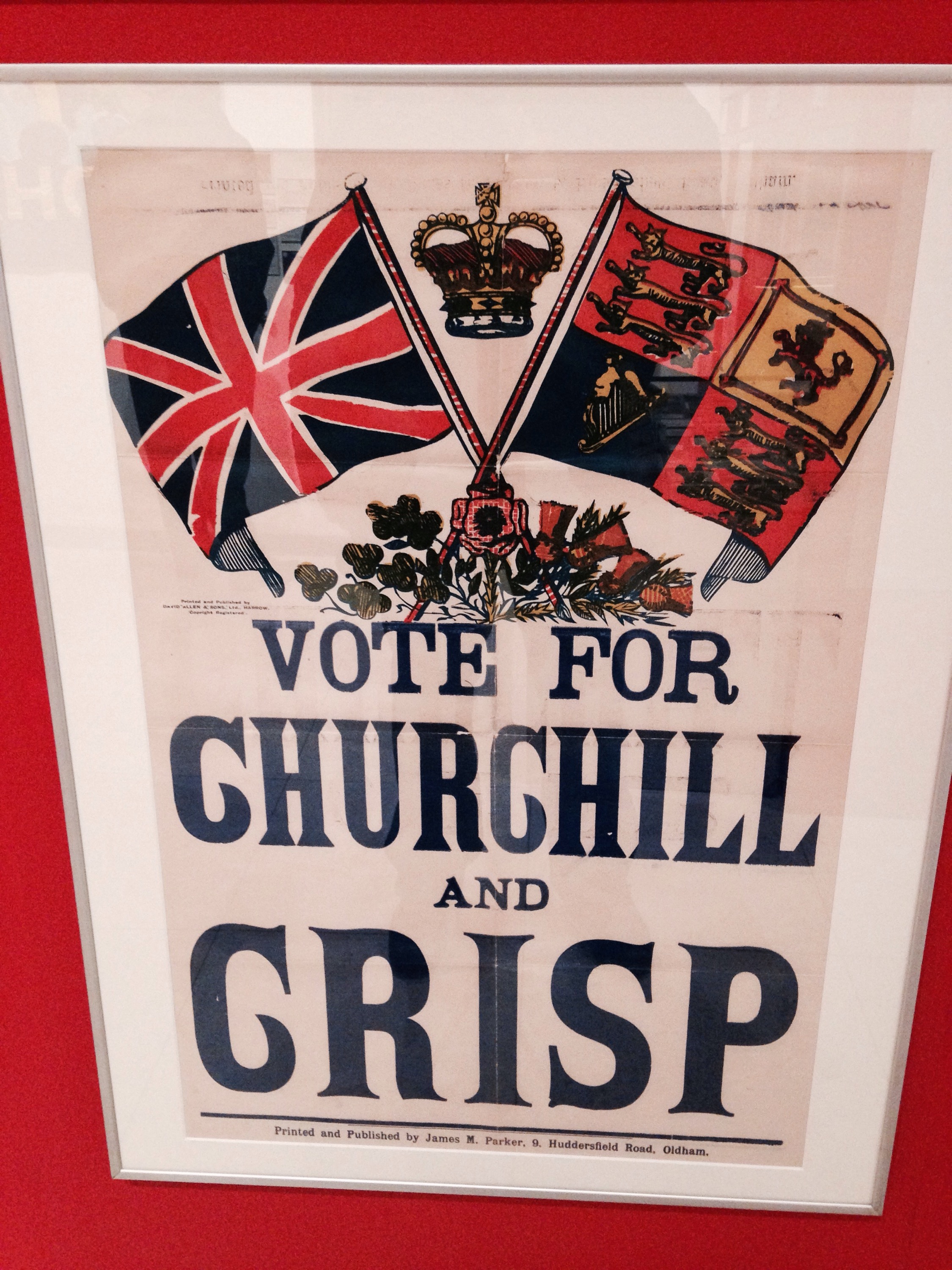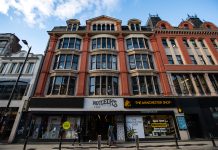Fifty years ago this week, the death of Winston Churchill was announced. Britain’s Second World War leader, Home Secretary and Chancellor during his political life, that career began in Manchester.
An industrial town in the North West of England appeared a strange place for Winston Leonard Spencer Churchill, born at Blenheim Palace to the second son of a Duke, and brought up by a nanny in large houses full of servants.
Yet Oldham had links back to a maverick past. it had after all elected William Cobbett as one of its first MP’s back in the 1830’s and Churchill , son of Lord Randolph who had appealed to the ordinary working classes to support the Conservative Party under the slogan of “Tory Democracy” was also a maverick.
Out of Sandhurst, having joined the army as a cavalry officer, he had turned up in 1898 taking part in Kitchener’s famous cavalry charge against the Dervishes at the Battle of Omdurman and would go on to fight the Boers in South Africa.
But he had made no secret of his intentions to enter Parliament and when the opportunity arose to stand in an 1899 by election in the days when Oldham still sent two members to Westminster, he grabbed it.
Standing alongside James Mawdsley, a local man and general secretary of the Lancashire branch of the Amalgamated Association of Cotton Spinners under the Tory flag, he was unsuccessful.Both Mawdsley and he beaten in third and fourth place by the Liberals.
A year later he was back in the General election, having spent an eventful intervening period traveling to South Africa as a war correspondent, for The Morning Post.
Captured, escaping after hiding in a coal mine for three days he returned to the country a hero and despite being tempted to stand in Southport, stayed with Oldham.
This time, successful,elected in second place behind the Liberal candidate in what has been termed the Khaki election. Liberal voters had used their second votes for the national hero, something he would not forget in a few years time, and his long association with the House of Commons which would span the reigns of Queen Victoria and Queen Elizabeth had begun.
His six years as Oldham’s MP would however be mired in controversy.Within three years he had fallen out with the Tory party. Part of the reason was the town’s large nonconformist population which opposed the Conservative Government’s Clerical Tithes Bill, which subsidized the Church of England from local rates.
This had been the issue which had ensured his defeat in 1899 and no doubt Churchill saw the wetting on the wall. However like his father, the break with the party would come over the issue of Free Trade which saw him nail his colours firmly to the mast of Free Trade against the dissenting wing of the Conservatives led by Birmingham’s Joseph Chamberlain who wanted to introduce tariffs or taxes on imported foods and goods.
In particular his local party reacted angrily to a letter by Churchill in which he described Joseph Chamberlain as a “quack and at the beginning of 1904 passed a motion of no confidence in him which was passed.
Not for the last time in history he was left as an MP without a party, but refused to resign, instead crossing the floor of the Commons to join the Liberals for whom he was selected as a candidate for Manchester North West at the 1906 election.
Part 2 of the story continues later this week.







